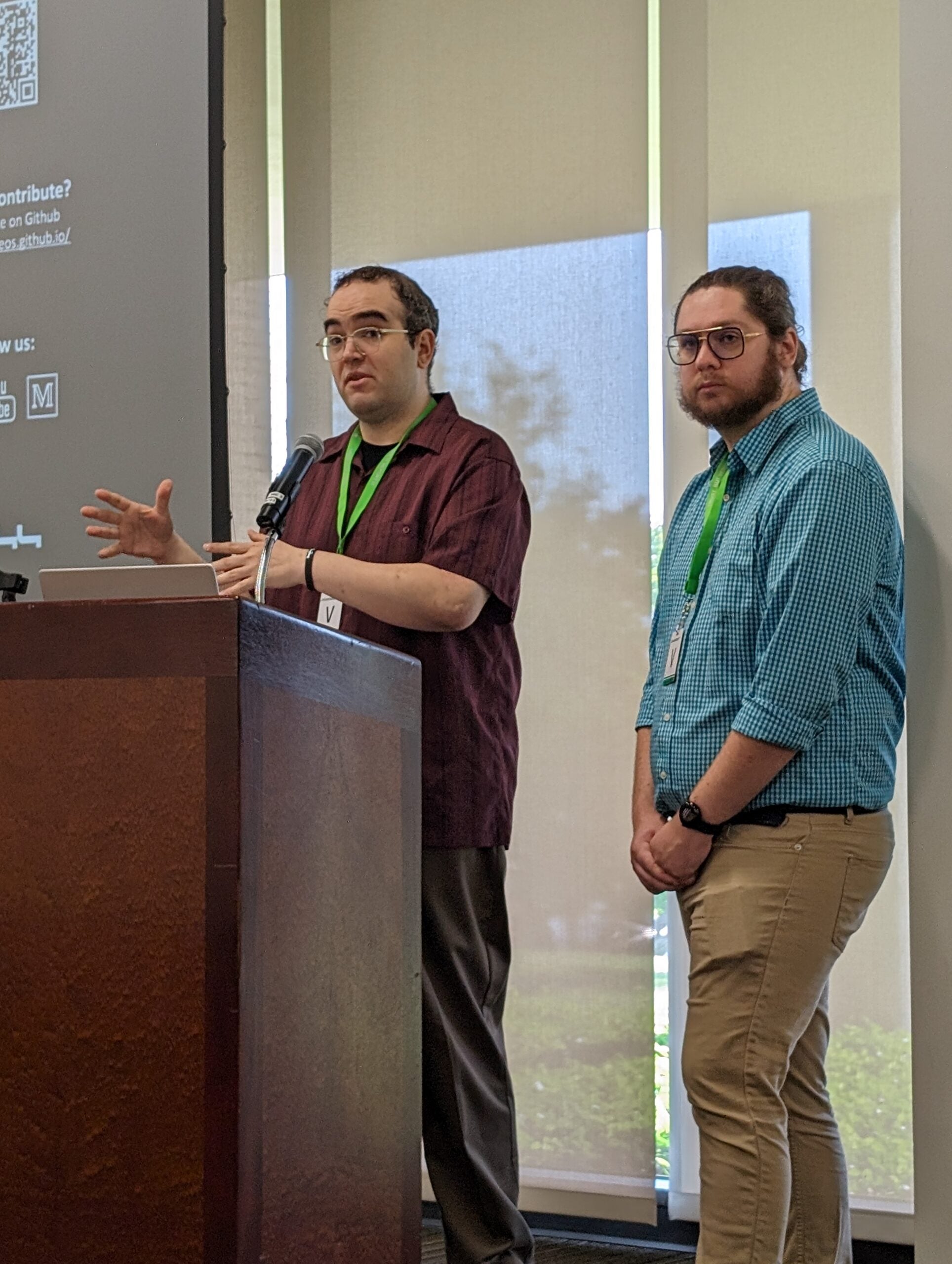Open EV Charging Summit Recap and Video: LF Energy CitrineOS: Revolutionizing EV Charging with Open Source Innovation
The Open EV Charging Summit 2024 saw Justin Acker and Mason Seaman from S44 take the stage (video follows below) to present the LF Energy CitrineOS project, which offers open source charger network software for rapid OCPP 2.0.1 and NEVI compliant EV charge management. Here’s a breakdown of the key takeaways from their session:
- Introduction to S44 and CitrineOS:
- S44 is a custom software company specializing in creating bespoke digital experiences, particularly in the automotive and EV industry.
- CitrineOS, which was started by S44 and contributed to LF Energy, is an open source CSMS (Charging Station Management System) compliant with OCPP 2.0.1 standards.
- Why OCPP 2.0.1 Matters:
- Acker and Seaman emphasized the importance of transitioning to OCPP 2.0.1 for improved collaboration among stakeholders and enhanced user experiences.
- They highlighted the limitations of OCPP 1.6 and the need for advancements such as better UI control, messaging capabilities, and security features like plug-in charge.
- Open Source Philosophy:
- S44’s decision to make CitrineOS open source stems from their belief in breaking industry silos to foster innovation and adoption.
- They aim to encourage collaboration among charging hardware manufacturers, CPOs (Charge Point Operators), and other stakeholders to drive EV electrification forward.
- Technical Overview:
- CitrineOS is written in TypeScript, chosen to maximize adoption and collaboration due to its popularity in the development community.
- The architecture of CitrineOS is modular and API-based, allowing easy integration into existing backend systems.
- By abstracting websocket handling and offering REST endpoints, CitrineOS can seamlessly fit into diverse infrastructure setups.
- Future Roadmap:
- S44 outlined their plans for CitrineOS, including adding support for OCPI (Open Charge Point Interface) and focusing on multi-tenancy support.
- They also discussed potential collaboration with OpenADR (Automated Demand Response) for grid management and demand-side management systems.
In conclusion, LF Energy CitrineOS represents a significant leap forward in the EV charging industry, offering a flexible, open source solution that addresses the shortcomings of existing standards while paving the way for future innovation and collaboration. As electric vehicles continue to gain momentum, initiatives like CitrineOS are crucial for building a sustainable and interconnected charging infrastructure that meets the needs of both consumers and stakeholders alike.
